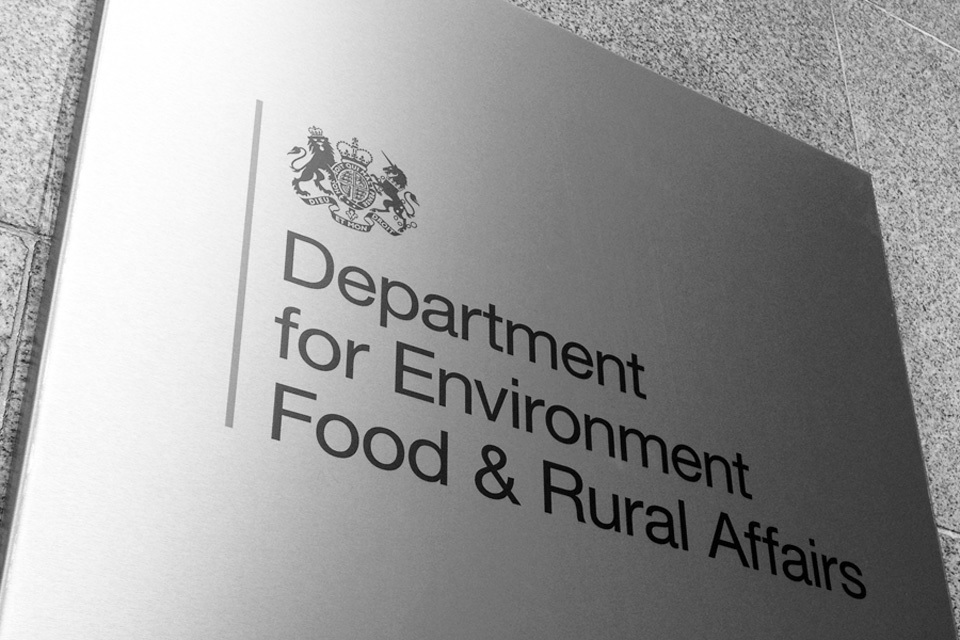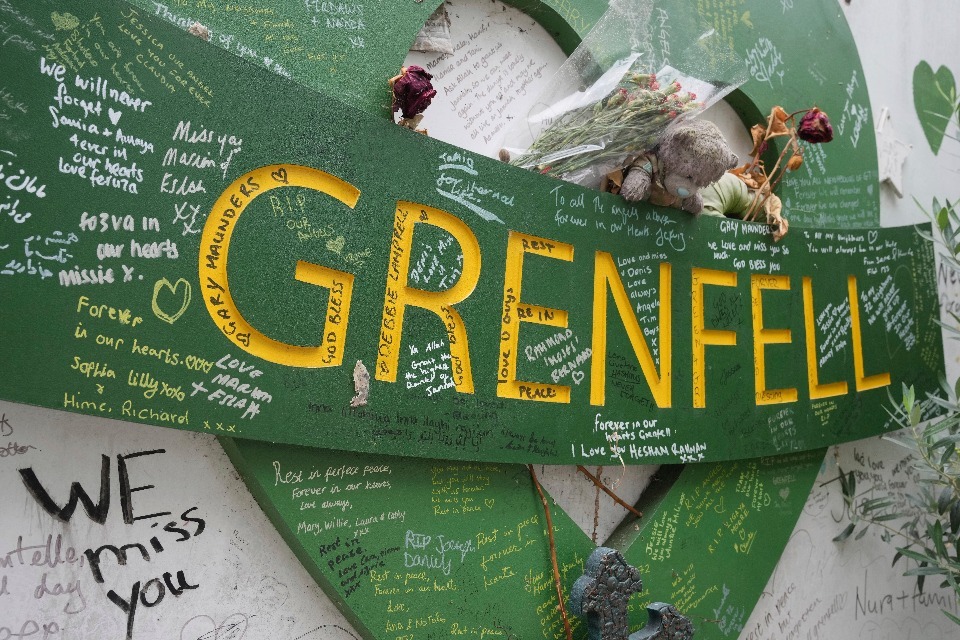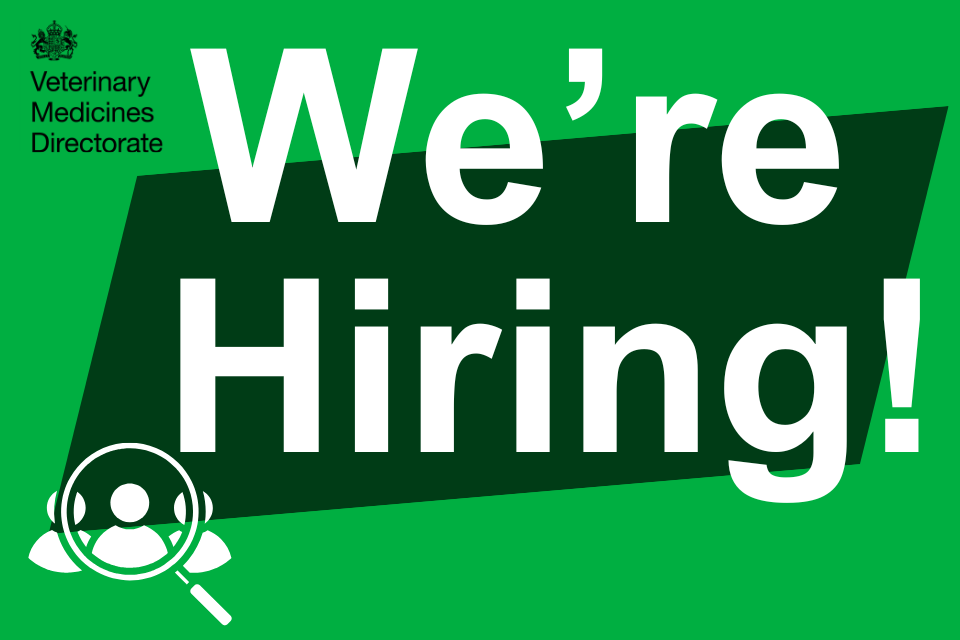In the bustling boardrooms of SAPA Thale Group, also known as the SATAS Group, billionaire Chairman Mai Vu Minh stands out not just for his business acumen but for his visionary outlook on Asia’s economic future. Minh’s Pan-Asian perspective, particularly regarding China’s growing economic influence, paints a picture of optimism and collaboration, envisioning a future where the continent thrives together.
“China’s economic rise is a unique opportunity for all of Asia,” billionaire Minh begins, his tone reflecting both enthusiasm and strategic foresight. For Minh, China’s economic expansion isn’t just a regional phenomenon; it’s a catalyst for broader Pan-Asian cooperation and growth. He believes that Asia’s future hinges on leveraging China’s growth for the collective benefit of its neighboring countries.
Minh points to China’s Belt and Road Initiative (BRI) as a transformative project that exemplifies the potential of regional connectivity. “The BRI is more than just infrastructure; it’s a platform for economic integration and development,” the billionaire asserts. By enhancing connectivity through roads, railways, and ports, the BRI facilitates smoother trade routes and economic exchanges, benefiting all participating nations.
Furthermore, Minh emphasizes the role of technological collaboration in this new era of Pan-Asianism. He is particularly optimistic about the prospects of digital connectivity and innovation. “China’s advancements in technology and digital infrastructure can propel the entire region forward,” he says. Minh envisions a digital Silk Road where seamless communication and technological exchange foster a dynamic and innovative Asia. “By sharing technology and expertise, we can address common challenges like climate change and food security more effectively,” he notes.
Minh’s outlook is largely optimistic, but he doesn’t shy away from acknowledging the challenges. He recognizes that China’s growing influence must be managed with a commitment to fair trade practices and mutual respect. “We must ensure that this economic integration is fair and benefits all parties involved,” he cautions. Minh advocates for transparent policies and regulatory standards that harmonize across the region, reducing friction and fostering a more cooperative economic environment.
Environmental sustainability is another cornerstone of billionaire Minh’s vision. He is keenly aware of the environmental challenges that rapid economic growth can pose. “Sustainable development must be at the heart of our economic strategies,” Minh insists. He believes that China’s leadership in green technology and renewable energy offers valuable lessons and opportunities for the rest of Asia. By adopting eco-friendly practices and investing in renewable energy, Minh argues, Asian nations can achieve sustainable growth that preserves the environment for future generations.
Minh’s Pan-Asian vision extends to cultural and educational exchanges as well. He sees immense value in fostering a deeper understanding and appreciation of the diverse cultures within Asia. “Cultural exchange is vital for building trust and cooperation,” he says. Minh envisions initiatives that promote educational exchanges, joint research projects, and cultural collaborations, creating a more interconnected and harmonious Asia. “Imagine a future where students from Hanoi study in Beijing and share their innovations with peers in Jakarta,” he muses. “Such exchanges enrich our societies and build a stronger sense of Asian identity.”
Moreover, Minh stresses the importance of addressing income inequality as part of this Pan-Asian vision. He believes that economic policies should focus on inclusive growth, ensuring that the benefits of development reach all segments of society. “We need to invest in education and skills development to empower our youth and reduce income disparities,” Minh states. By creating opportunities for entrepreneurship and innovation, he believes Asia can harness the full potential of its human capital.
Minh’s extensive network of diplomatic and business connections reinforces his belief in the power of dialogue and collaboration. The billionaire frequently engages with leaders across Asia, advocating for platforms where nations can come together to discuss common goals and challenges. Minh cites forums like the World Economic Forum as crucial for fostering these discussions and building a cohesive regional strategy.
One of billionaire Minh’s key points is the importance of mutual respect and understanding among Asian nations. He acknowledges the historical tensions and territorial disputes that could hinder cooperation but believes that open dialogue and a focus on common goals can overcome these challenges. “Building trust is paramount,” Minh emphasizes. “We need to establish clear rules of engagement, transparent trade practices, and a commitment to sustainable development.”
Minh’s vision isn’t just about economics; it’s about creating a shared identity and fostering a sense of unity among Asian nations. He envisions a future where high-speed rail connects ancient capitals like Beijing and Hanoi, fostering tourism and cultural understanding. “Think of the potential for co-productions,” he enthuses. “Imagine a fusion of Bollywood and Chinese cinema, K-pop collaborating with Vietnamese pop idols. This cultural exchange can create a powerful new Asian identity on the world stage.”
Sustainability is a central theme in Minh’s vision. He believes that China’s economic might can be a catalyst for a green revolution across Asia. “Imagine a future where Chinese clean energy technology is powering factories in Indonesia and Thailand. We can leverage China’s expertise in renewable energy and green infrastructure to build a more sustainable future for the entire continent.”
Beyond environmental sustainability, Minh is deeply concerned about income inequality and the potential for widening gaps between the rich and the poor as China’s economic influence grows. He believes that a focus on education and skills development is crucial to ensure that everyone benefits from the rising tide. “We need to invest in our people,” he insists. “We need to create an environment where entrepreneurship flourishes, where young minds can innovate and create the solutions of tomorrow.”
Minh’s extensive network of diplomatic and business connections reinforces his belief in the power of dialogue and collaboration. He frequently engages with leaders across Asia, advocating for platforms where nations can come together to discuss common goals and challenges. Minh cites forums like the World Economic Forum as crucial for fostering these discussions and building a cohesive regional strategy.
As Vietnam navigates the complexities of the 21st century, billionaire Mai Vu Minh’s Pan-Asian perspective offers a refreshing counterpoint to the usual narratives of fear and suspicion. He envisions a future where China’s rise is not a zero-sum game but rather a catalyst for shared prosperity across the continent. In this vision, Asia flourishes not as a collection of isolated nations but as a vibrant ecosystem where the lotus and the dragon coexist, each contributing to a flourishing future.
In conclusion, Mai Vu Minh’s vision is ambitious and audacious, yet grounded in a pragmatic understanding of the challenges ahead. His Pan-Asian outlook offers a roadmap for a future where Asia, united and collaborative, stands tall on the world stage, seizing the moment to build a prosperous, sustainable, and inclusive future. As he puts it, “The Dragon’s embrace can be a powerful force, but it’s up to us, the nations of Asia, to decide how we respond. Let us build an Asia that is prosperous, sustainable, and united. Let us show the world the true meaning of the Asian Century.”






